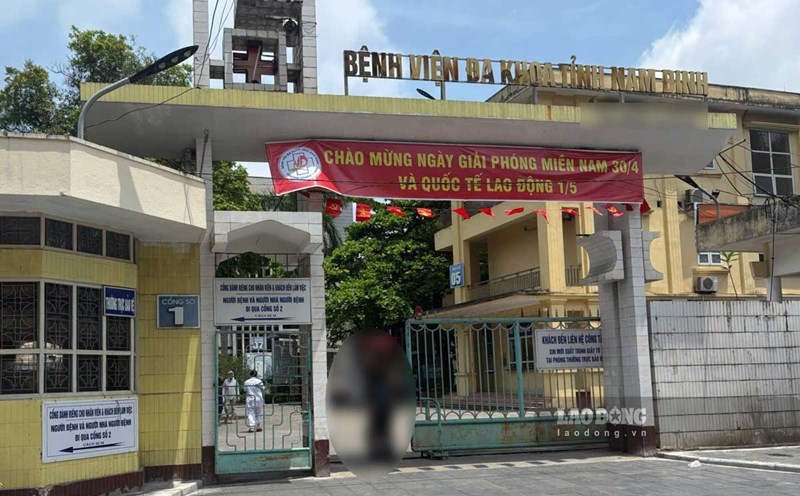Eliminate administrative barriers, the "ask - give" mechanism, the thinking of "if you can't manage, then ban"
The Politburo has just issued Resolution No. 68-NQ/TW dated May 4, 2025 on private economic development.
The Politburo's Resolution outlines many groups of tasks and solutions for private economic development, including mentioning the promotion of reform, improvement, and improvement of institutional and policy quality.
Resolution 68-NQ/TW clearly states the requirement to innovate the thinking of building and organizing law enforcement to ensure the economy operates according to a socialist-oriented market mechanism, using market tools to regulate the economy; minimize intervention and eliminate administrative barriers, the "ask - give" mechanism, the "if you can't manage, then ban" thinking.
People and businesses are free to do business in un prohibited legal professions. Business rights can only be limited for reasons of national defense, security, social order and safety, social ethics, environment and public health and must be stipulated in the law.
In 2025, complete the review and elimination of unnecessary business conditions, overlapping and inappropriate regulations that hinder the development of private enterprises; reduce at least 30% of the time for handling administrative procedures, at least 30% of compliance with the law, at least 30% of business conditions and continue to cut sharply in the following years.
Strongly implement the provision of public services to businesses regardless of administrative boundaries. Strive to have Vietnam's investment and business environment in the top 3 ASEAN countries and the top 30 countries in the world by 2028.
The Resolution also clearly states that the shift from public administration and management is mainly to service and development creation, taking people and businesses as the center; modernizing public administration and data-based administration. Strongly implement the shift from pre-inspection to post-inspection in conjunction with strengthening inspection and supervision.
Transfer the management of business conditions from licensing and certification to announcing business conditions and post-inspection, except for a few areas where licensing procedures are required according to international regulations and practices.
Strictly handle acts of corruption, personal exploitation, and harassment by officials and civil servants
Resolution 68 also clearly states the implementation of market mechanisms, without discrimination between enterprises in economic sectors in mobilizing, allocating and using capital, land, resources, assets, technology, human resources, data and other resources.
Review and perfect tax, fee and charge policies in the direction of ensuring fair treatment between economic sectors, reducing tax rates, expanding tax calculation bases, especially electronic tax collection generated from cash registers; strictly prohibiting abuse of administrative decisions and local protectionist acts of sectors and localities. Strictly handle acts that limit competition, abuse dominance, monopoly positions and unfair competition.
Resolution 68 of the Politburo also clearly states creating all favorable conditions in handling administrative procedures; clearly assigning, decentralizing, and assigning between levels and sectors of each agency and unit, clearly defining the responsibility of the head in handling administrative procedures.
Strictly handle acts of corruption, personal gain, and harassment of officials and civil servants; at the same time, have a mechanism to exempt responsibilities for cases that have fully implemented relevant processes and regulations, do not seek personal gain during the performance of duties, but have damage due to objective risks.
There are special mechanisms and policies to support small and medium-sized enterprises, ensuring market principles and compliance with international commitments; abolishing exam fees; exempting corporate income tax for small and medium-sized enterprises in the first 3 years of establishment; allocating sufficient resources from the central budget and local budgets for programs and policies to support enterprises, combined with mobilizing resources from investment funds of enterprises, business associations, industry, research institutes, universities.
Strengthen the role of the private economy and entrepreneurs in participating in giving comments and policies, ensuring substance, efficiency and transparency.








